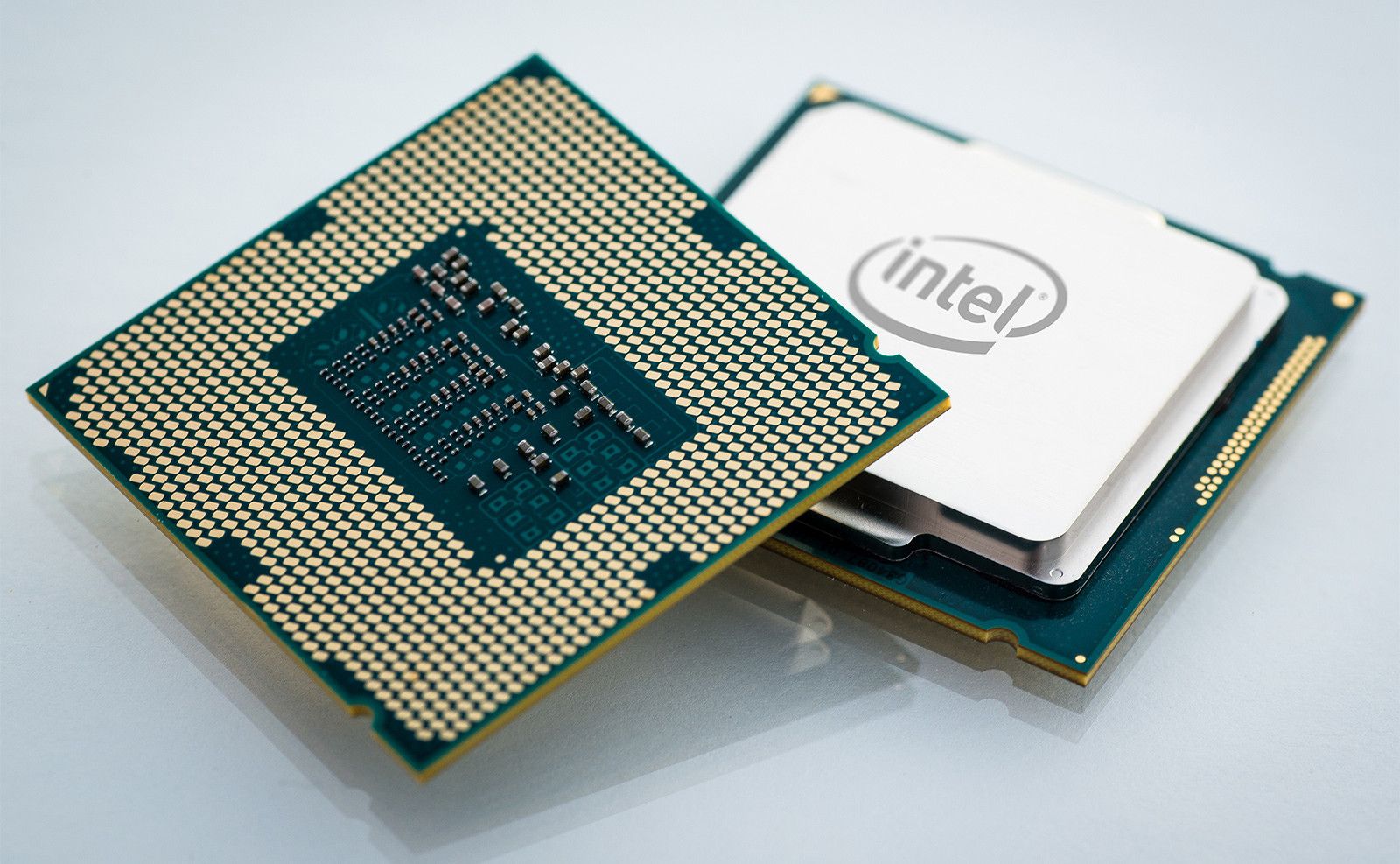Intel Alder Lake-S will support DDR5 according to new benchmark

A new SiSoftware benchmark appeared online this week that purports to show DDR5 support for an Intel Alder Lake-S CPU as well as a new motherboard chipset and socket.
The benchmark, flagged by TechPowerUp, was posted to Twitter by @momomo_us and appears to show DDR5 support, which so far hasn't been confirmed by Intel. If valid, the benchmark is likely from a test system used by an engineer for either Intel or an OEM preparing for the release of Intel's 12th-generation Alder Lake-S desktop processors later this year.
SiSoftwareIntel Alder Lake Client Platform (Intel AlderLake-S ADP-S DDR5 UDIMM CRB)https://t.co/7VjKuRDrR6Genuine Intel 0000 1.80GHz (16C 32T 1.8GHz/4GHz, 10x 1.25MB L2, 30MB L3)Intel AlderLake-S Mobile Graphics Controller (256S 32C SM3.0 1.5GHz, 512kB L2, 12.8GB) pic.twitter.com/G6QAPeQsFdJanuary 19, 2021
The next generation of RAM, DDR5 will more than double the memory bandwidth of DDR4. Memory maker Adata is planning on releasing modules with 8,400MT/s compared to DDR4's rate of 3,200MT/s. The 8,400MT/s speed also represents the lower end of what DRR5 is capable of, with faster speeds to follow once the manufacturing process is refined.
- Best RAM: The top memory for your PC
- The best cheap RAM prices and deals
- How to install RAM: It's not as simple as downloading more RAM
Some good news for Intel on the desktop front
It has been rumored for a while now that Intel Alder Lake-S will support the next-generation of computer memory and both Adata and Samsung are fabricating DDR5 RAM as you read this, but so far its use has been limited to devices like the Samsung S21 Plus.
The reason for this is that current motherboard chipsets don't support DDR5 RAM, so Intel is also introducing the new LGA 1700 socket, which motherboard manufacturers like MSI are already working on for release later this year.
Intel's silicon archrival AMD, meanwhile, isn't expected to start supporting DDR5 RAM until the release of their Zen 4 architecture sometime in 2022. If Intel releases a DDR5-supporting lineup of processors several months to a year before Team Red, then it would represent a solid advantage for Intel – something it could really use as of late. AMD ended Intel's 15-year dominance of the desktop CPU battle earlier this month when AMD processors edged out Intel's in desktop PC market share.
While exciting, it's also not something most of us will likely get our hands on this year regardless. The initial DDR5 RAM module are going to be selling at a premium and and will likely see use in servers and data centers before making its way down to the consumer market in any practical sense.
Sign up for breaking news, reviews, opinion, top tech deals, and more.
By then, AMD will likely have introduced Zen 4, limiting whatever advantage Intel has to first adopters and hardcore PC enthusiasts with a lot of money to burn.
- Stay up to date on all the latest tech news with the TechRadar newsletter

John (He/Him) is the Components Editor here at TechRadar and he is also a programmer, gamer, activist, and Brooklyn College alum currently living in Brooklyn, NY.
Named by the CTA as a CES 2020 Media Trailblazer for his science and technology reporting, John specializes in all areas of computer science, including industry news, hardware reviews, PC gaming, as well as general science writing and the social impact of the tech industry.
You can find him online on Bluesky @johnloeffler.bsky.social